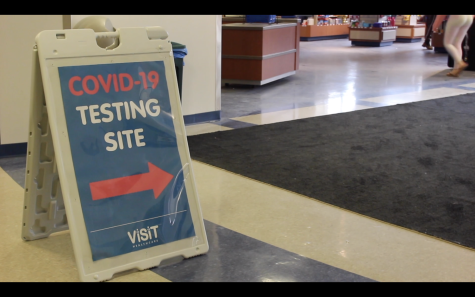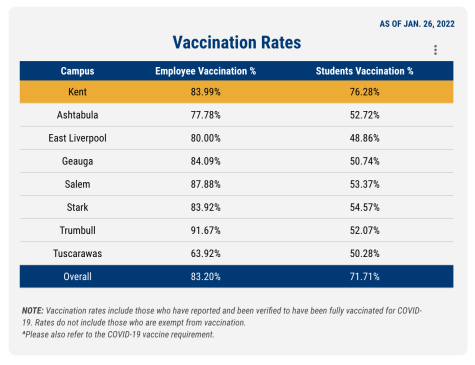Coronavirus
March 1, 2020
In recent weeks, the coronavirus has occupied headlines as an ominous presence that has caused thousands of deaths in China and threatens to become a global epidemic. But what is the coronavirus, actually? And how might a person prepare for an outbreak?
What is the coronavirus?
The coronavirus belongs to a family of virus called the coronaviridae, which causes disease in birds and mammals. Severe acute respiratory syndrome (referred to as SARS), which broke out in 2003, was a form of coronavirus, according to the Center for Disease Control (CDC).
People become infected by the coronavirus when they make contact with the virus either through touching an object with the virus on it or making contact with another infected person, according to CDC. It is also transferable through human secretions such as sneezes and coughs.
The virus, once inside the human body, binds to the human’s cells and injects the cell with its RNA. RNA, or ribonucleic acid, is the genetic information that cells and viruses use to replicate. The RNA hijacks the cell’s functions and causes the cell to start producing more of the virus. The virus then breaks free from the cell either damaging or destroying the cell, and then spreads itself to other cells to repeat the process.
As a person’s cells begin to die or become damaged, the body produces an immune response. An immune response is the body’s reaction to a substance that it is not familiar with. Allergies are a type of immune response.
Similar to allergies, the immune response to the coronavirus manifests as symptoms of illness. The symptoms of the coronavirus include sore throat, fever, production of snot, chills, coughing and dizziness. The purpose of these symptoms is to either remove the virus or make the body an inhospitable environment for the virus.
These are all symptoms of common illnesses, which makes the coronavirus hard to identify. Doctors would need to do blood or respiratory sample tests to determine if the coronavirus is what is causing the symptoms, according to Medline Plus.
As well as producing these symptoms, the body’s cells start to produce antibodies that fight the virus. Antibodies are special proteins produced by white blood cells that fight viruses by attaching themselves to the virus so that it cannot attach to more cells. This process takes time, as it takes the body a period of a few days to recognize the virus.
The speed at which the antibodies kill the virus is determined by the strength of the immune system. When humans are younger and as they age, their immune systems are weaker, which is why young children and the elderly are at such high risk, according to . A typical adult with no pre-existing conditions should be able to fight off the coronavirus.
In the case of those with weaker immune systems, the immune system can go into overdrive and produce too many white blood cells. These blood cells release chemicals that can eventually leak fluid into the lungs. This fluid prevents oxygen from reaching the bloodstream and can result in death from suffocation or organ failure.
However, that is not the only way that coronavirus can result in death. As the body fights the coronavirus, it becomes susceptible to attacks from other bacteria and viruses. This creates complications that can cause death through other means, according to.
How to prepare for an outbreak:
The Centers for Disease Control and Prevention recently released a statement that said the coronavirus could produce a “significant disruption to our lives.” There are a few ways that people can prepare for that disruption.
Preparation for a potential outbreak is important to individuals as well as their loved ones. An outbreak without citizens being properly prepared could alter society to a great extent, according to.
The spread of the virus cannot be entirely stopped. The best solution is to slow its spread through vigilance in our daily lives until a solution to the virus is found.
Steps such as reducing contact with other people, avoiding touching one’s face, getting flu shots, frequent hand washing, use of proper protective equipment, such as gloves and face masks, and maintaining general health through diet, exercise and proper sleep.
It is important that people have an ample stock of food, water, medication and essential supplies in the case of a localized outbreak. Managers, supervisors and others in positions of authority should create plans to allow for absenteeism, remote work and continued pay for part time workers so they can prepare, according to.
Physical contact with the elderly should be avoided, as they are the most susceptible to the virus. Cases of coronavirus in children appear to be very few.
Preparation is key to preventing the spread of the coronavirus until a solution to it has been found.


















